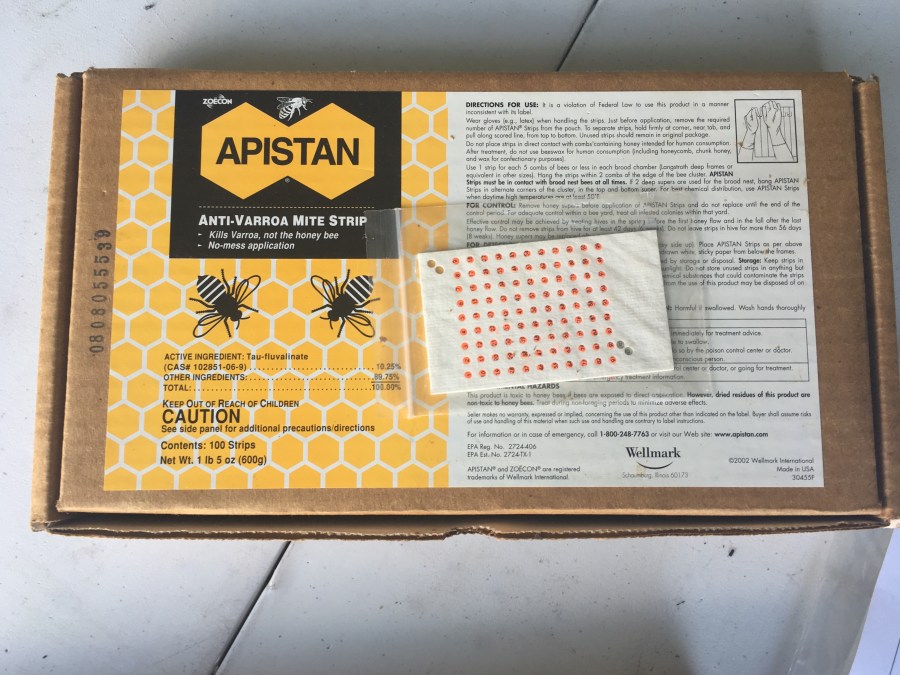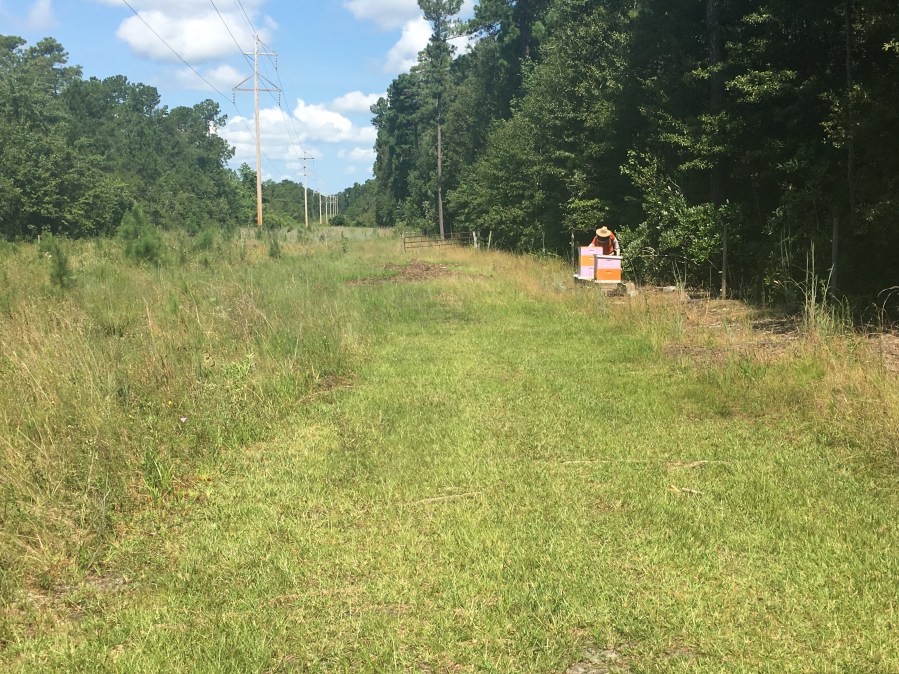HORRY COUNTY, SC (WBTW) – The honeybee population has been steadily declining since the nineties, but those who work for Clemson University’s Extension Service in Horry County say that with today’s resources, we now know the cause and how to work towards getting our bees back.
Ben Powell, a state pollinator and invertebrate conservation specialist for the Clemson University Extension Service, tells News13 that bee colonies are in trouble, and so are the jars of honey you get at the grocery store.
“With bees, we send ’em out into the world and say hey, go find what you need and come back, bring it back,” he said. “Unfortunately, when they do that, they encounter pesticides, they encounter plants that are toxic, they encounter hostile habitats to them.”
Powell has eight honeybee colonies, but predicts he’ll lose at least two this year.

He says the nineties is when we began to lose bee colonies, but they didn’t know why back then, and named it “colony collapse disorder”.
“Now, we realize that it’s actually a combination of many things,” said Powell.
A lethal combination for bees, and one that includes brand new pests. Pests that are new to areas like Horry County.
“We’ve learned that this colony collapse thing is actually caused by many different factors,” said Powell. “We have a new mite which has moved in called a verroa mite, and this verroa mite is like a tick that feeds on the larvae of the bee.”

The USDA surveys bee colonies to look for mites, but since funding was cut recently, Powell and other beekeepers resort to an alcohol treatment to pinpoint mites in colonies.
Monday morning, he had to kill 300 bees to find 10 mites.
“This mite gives viruses to the bees, and as a result, some of the bees can’t even fly,” Powell said. “They can’t do the jobs that they’re supposed to do, and productivity starts to decline.”
Beekeepers fund their own craft without state or federal funding, and Powell says a lack of funding could also be what’s hurting the beekeeping and honey industry, although they have other beekeeping groups helping out where the USDA left off.
Pesticides though, used to kill these newfound pests, are what Powell says could be a main factor as to the decline of bees.
“We have another pest called a small hive beetle,” he said. “This small hive beetle feeds on larvae and pollen that the bees have collected and they’ll turn a colony into mush.”

Powell says beekeepers can continue to combat the decline of colonies with new mite treatments they’ve discovered, in hopes that the colonies and prices of honey can be saved.
If you’re interested in becoming a beekeeper along the Grand Strand, you can go to Blackwater Beekeepers Association meetings in Conway each month.









